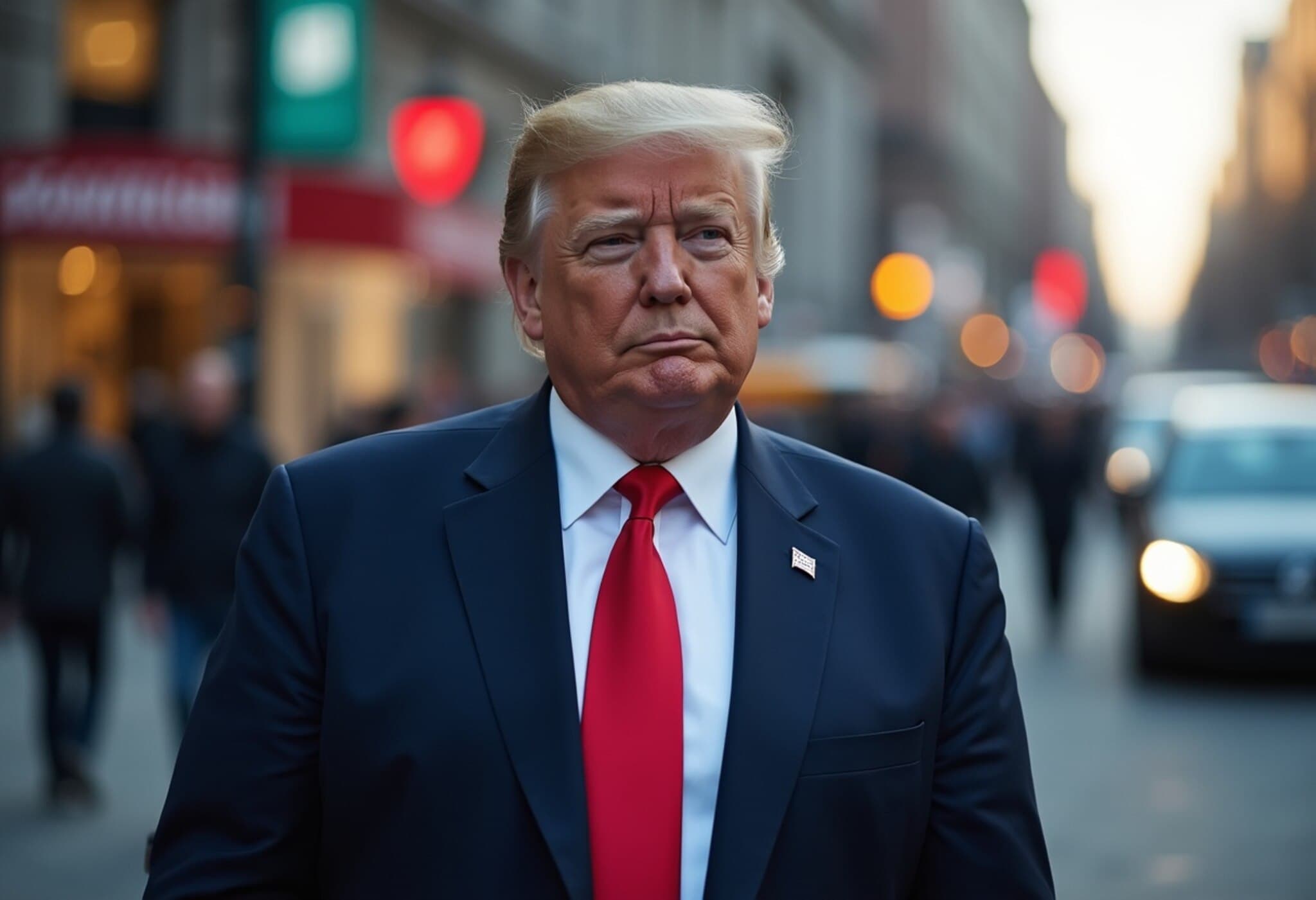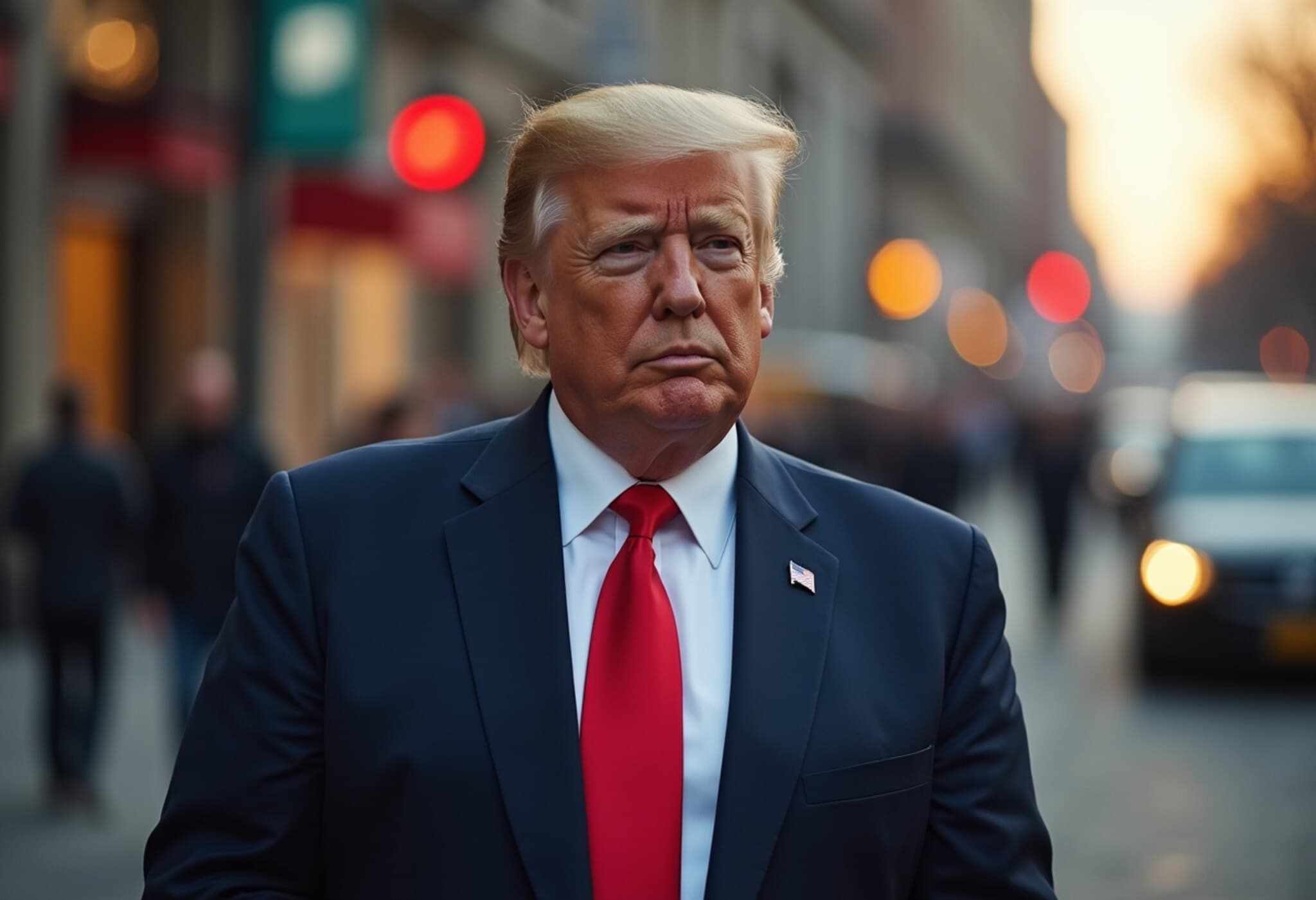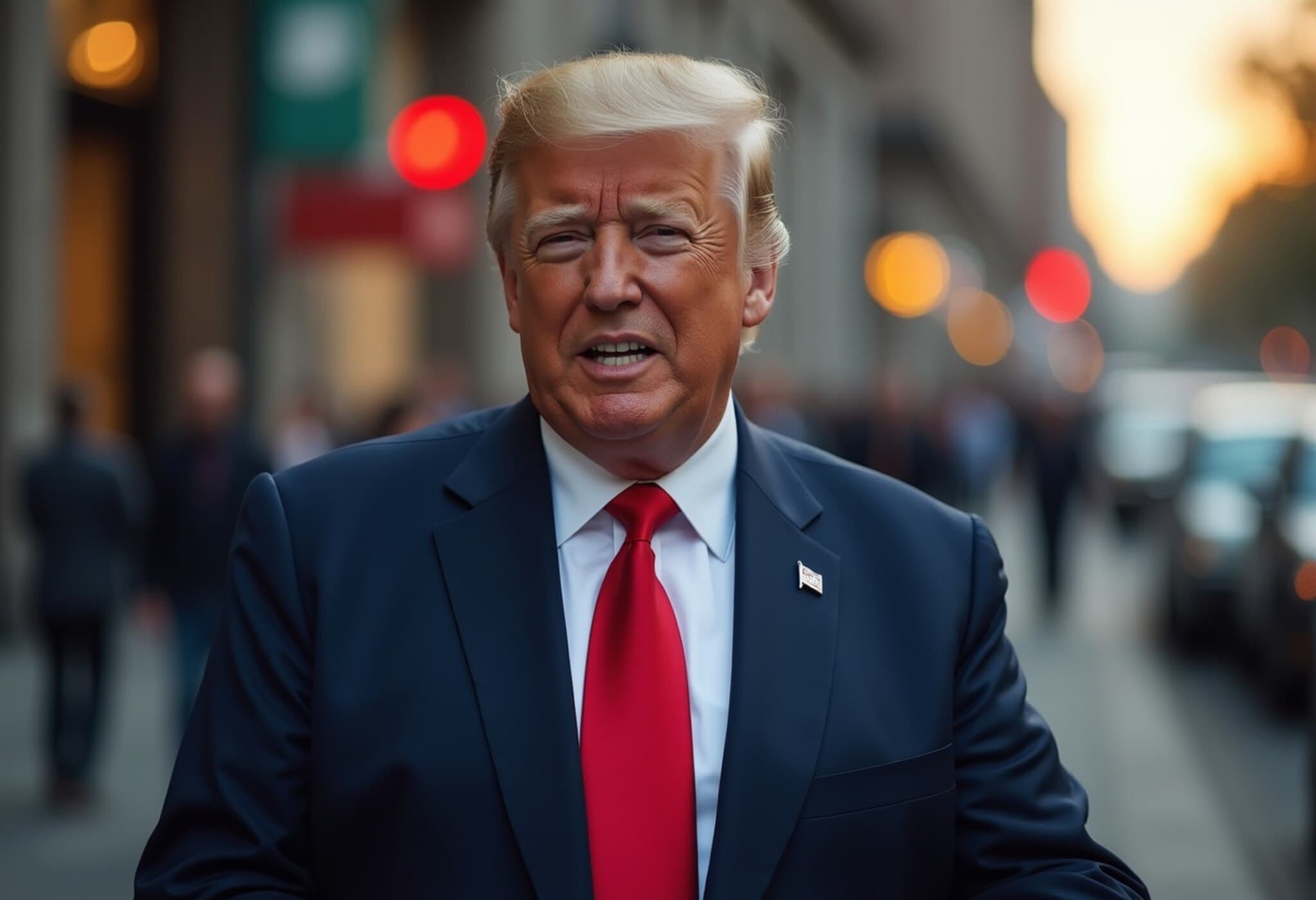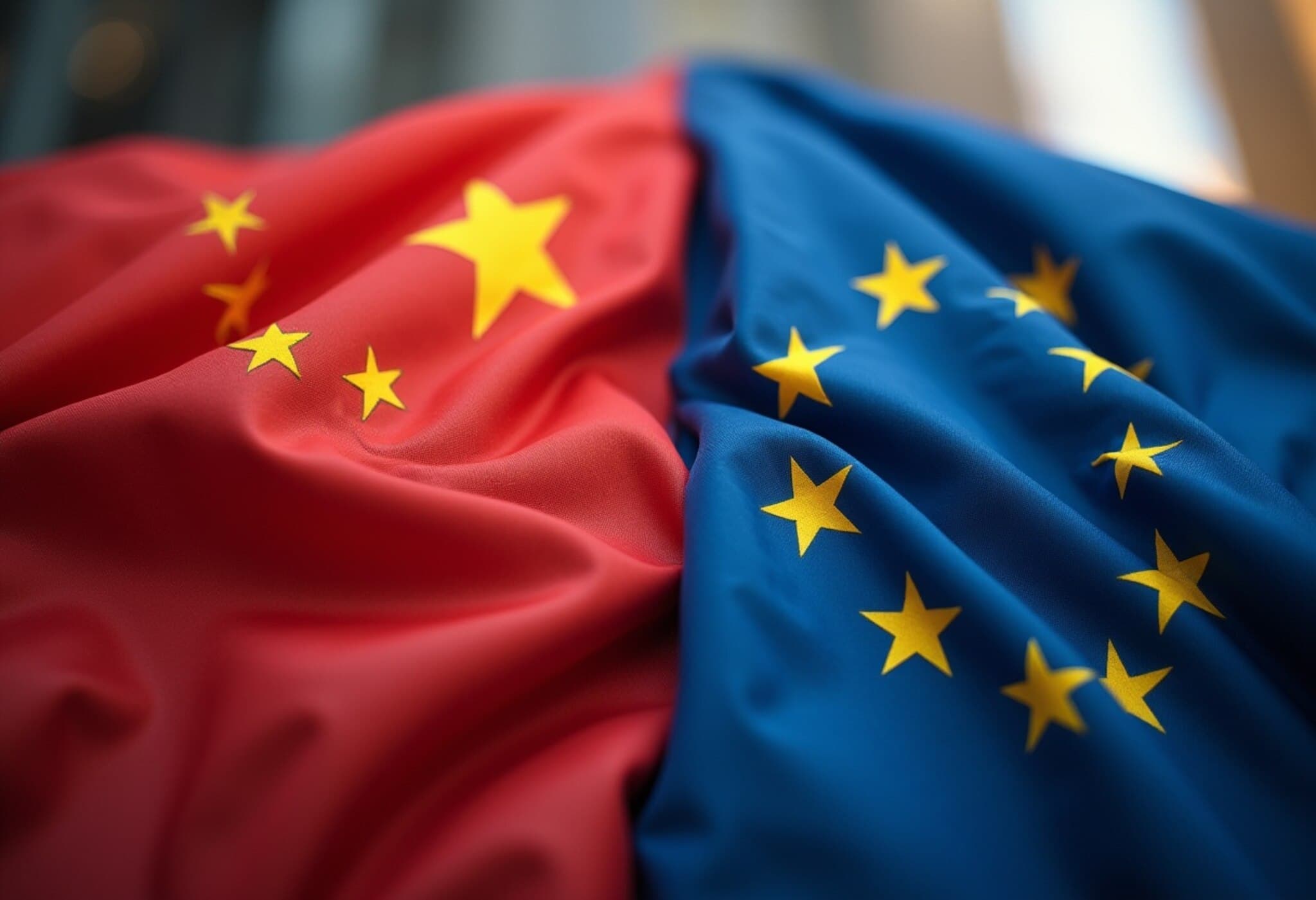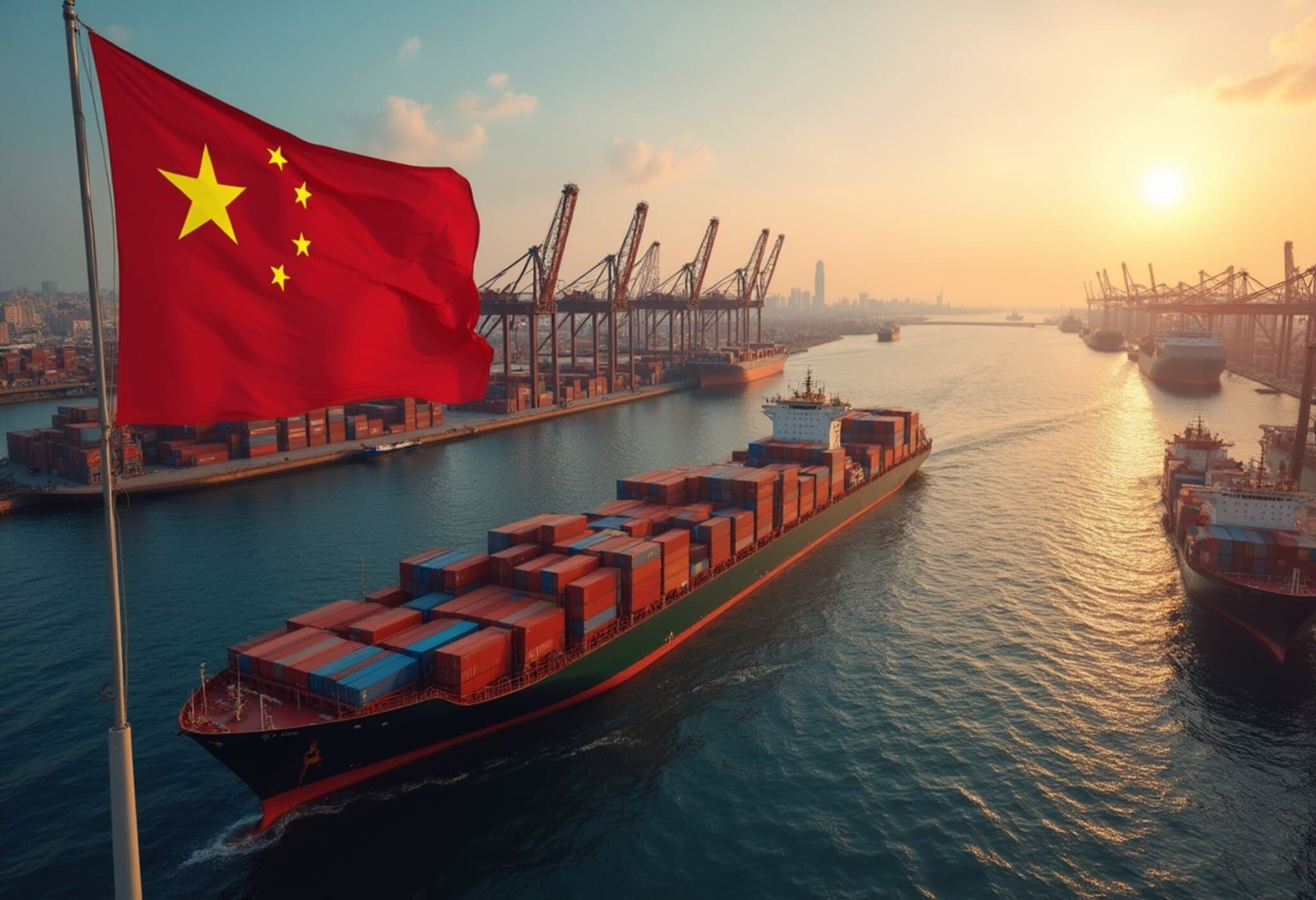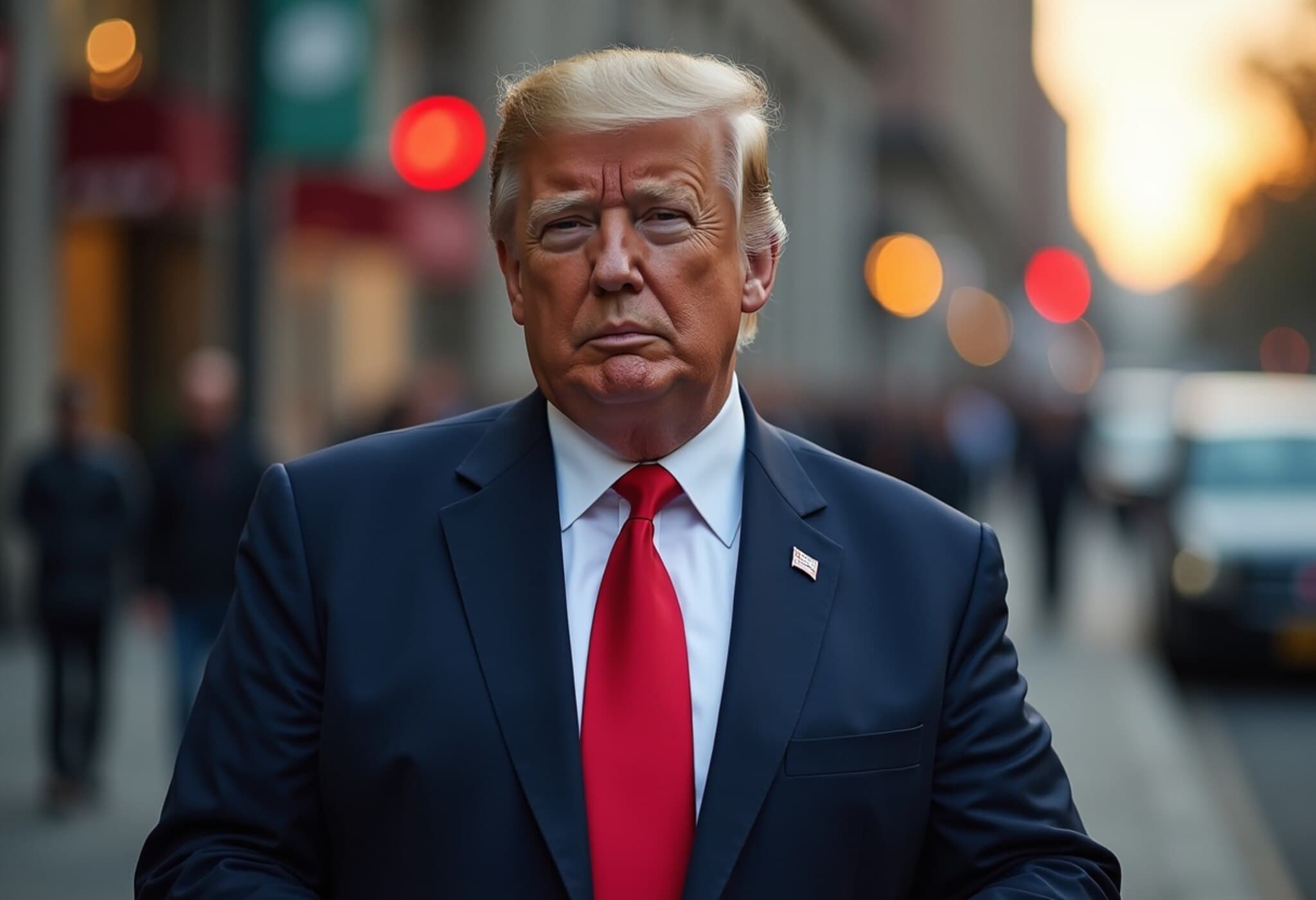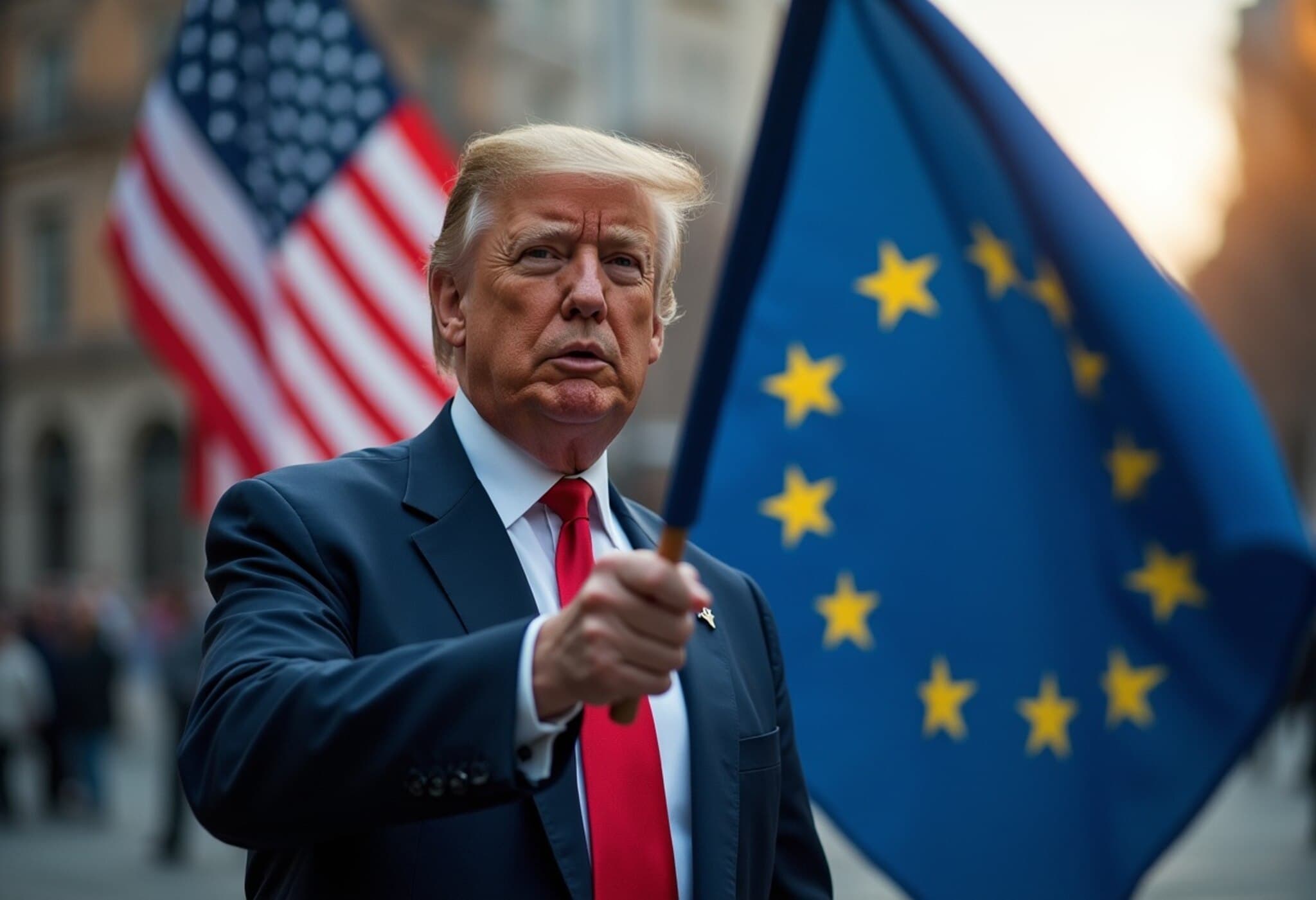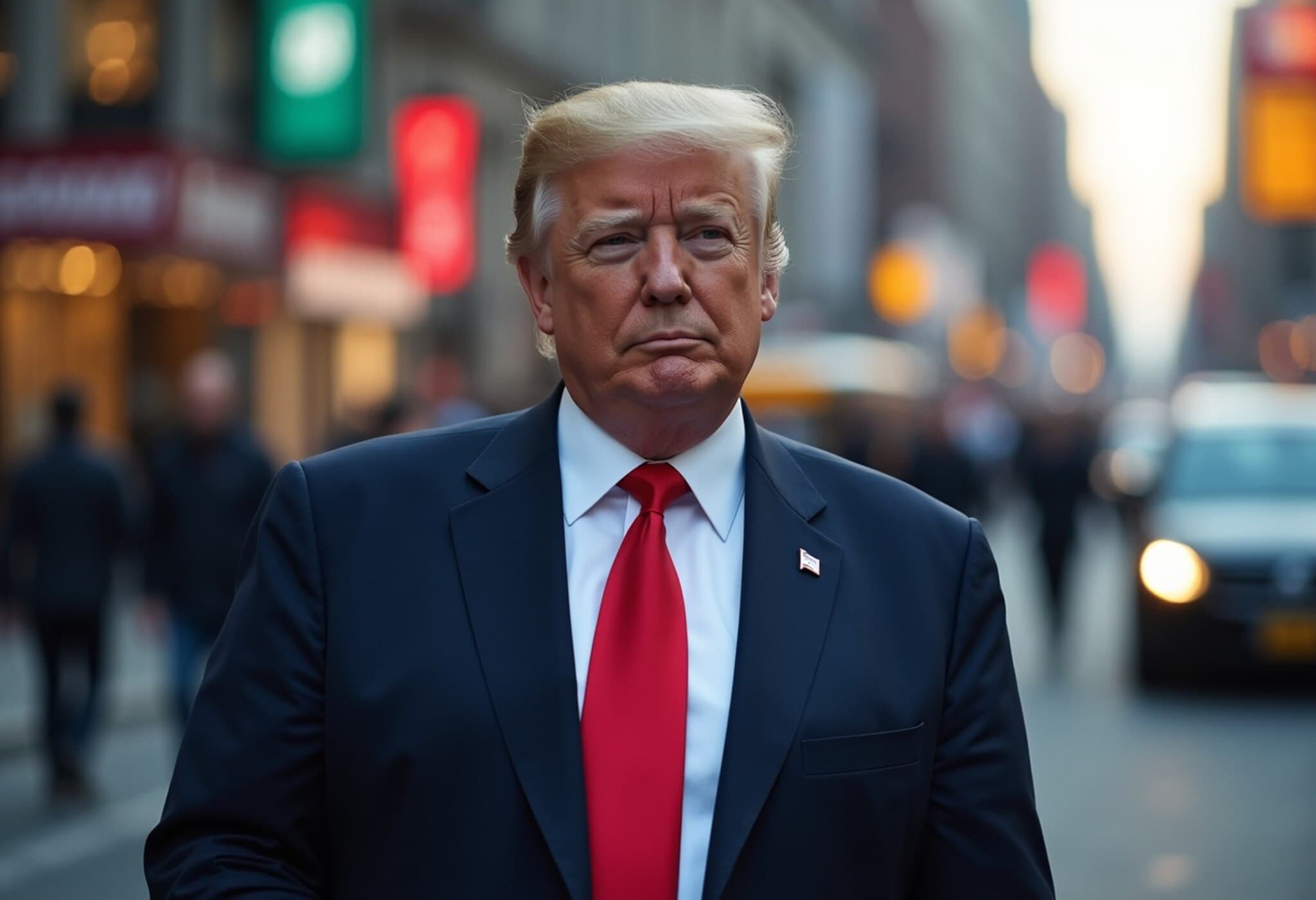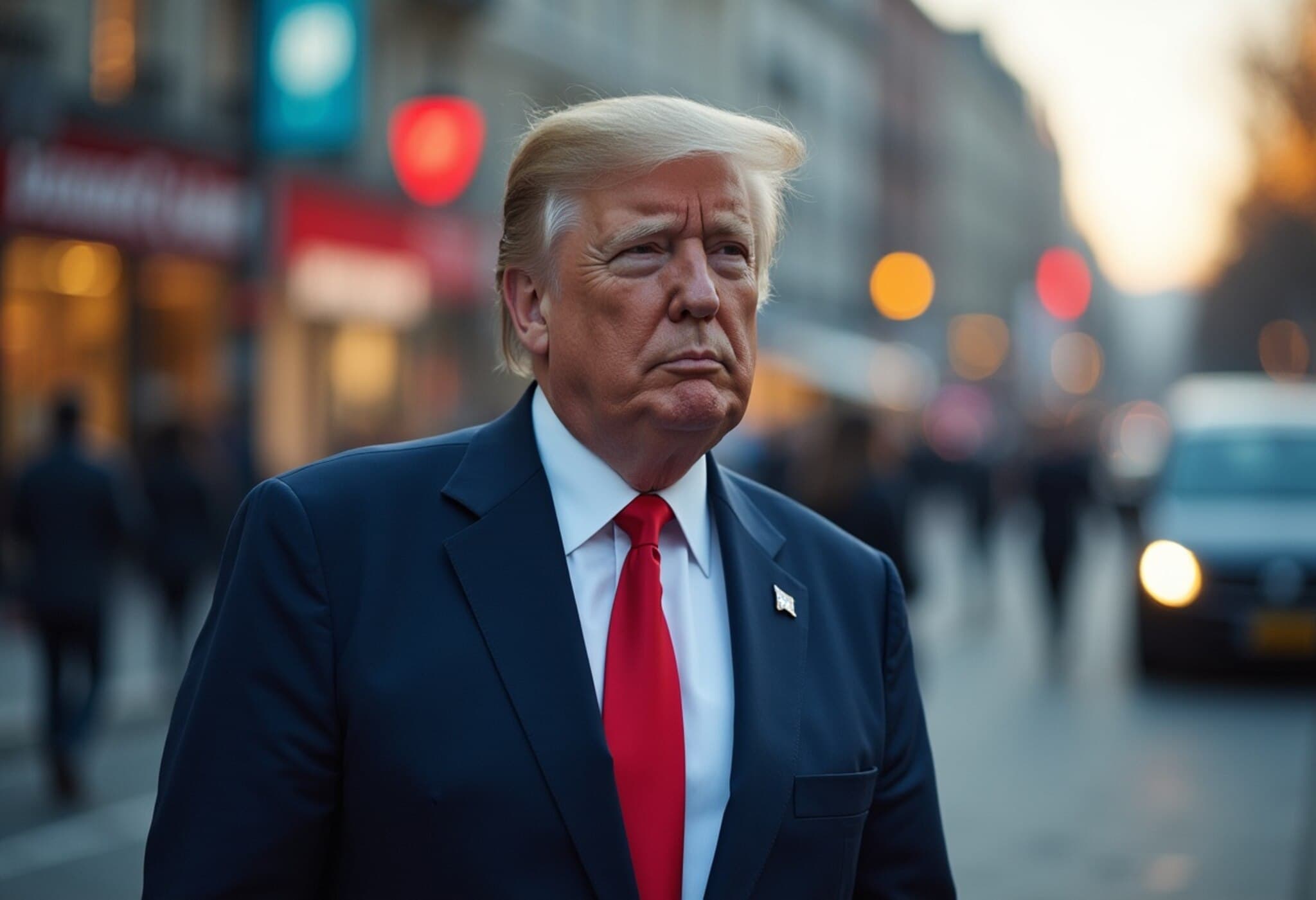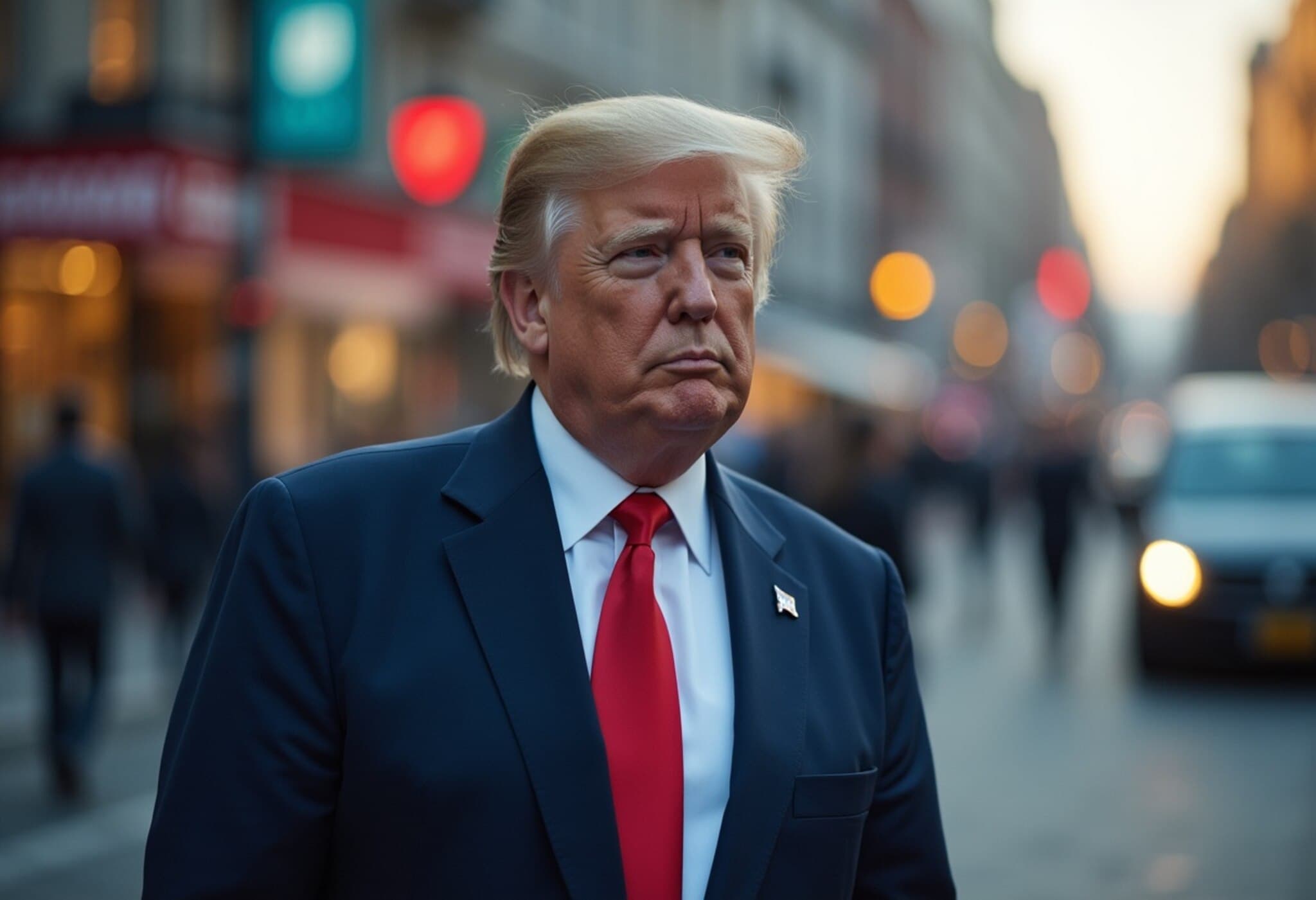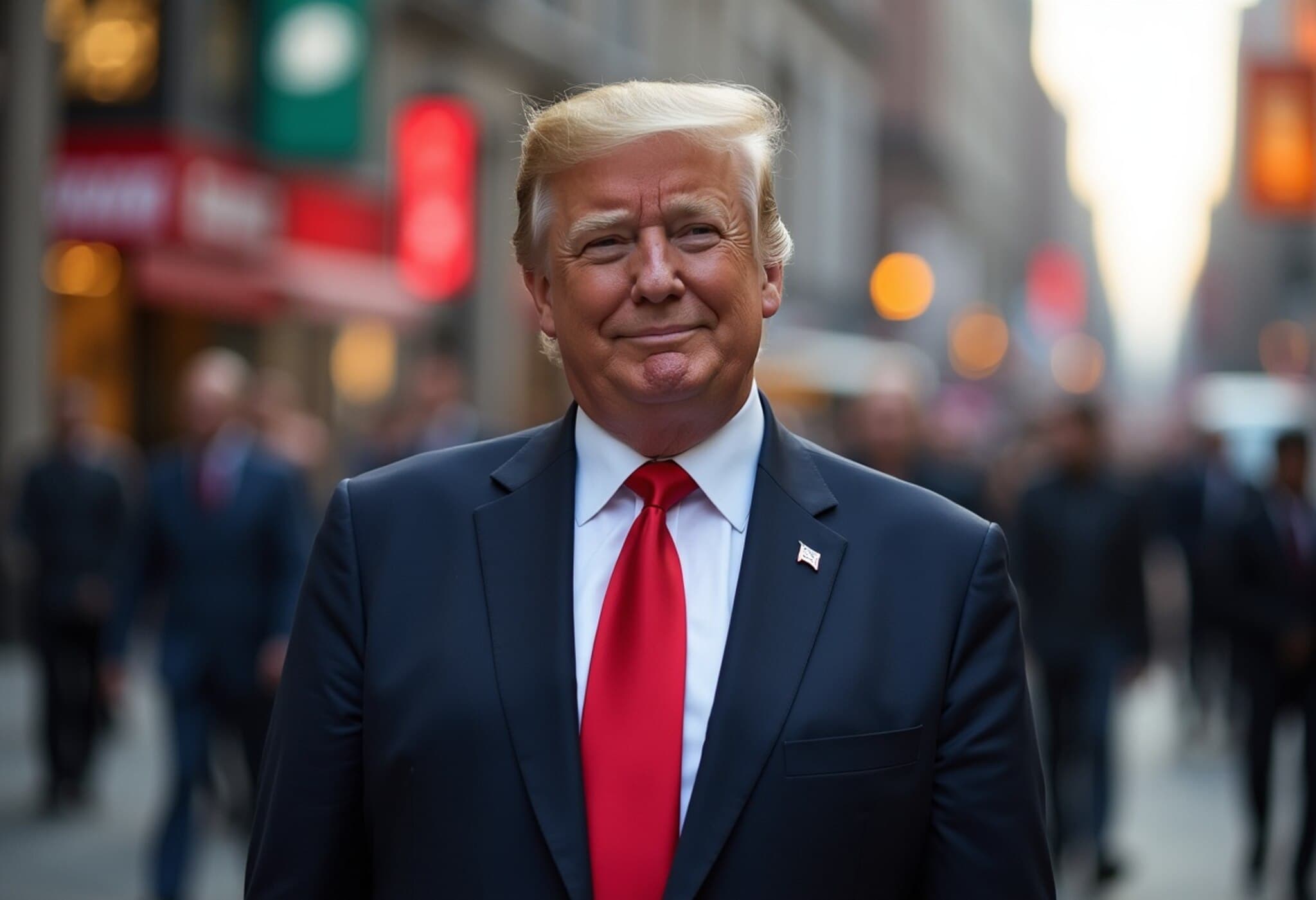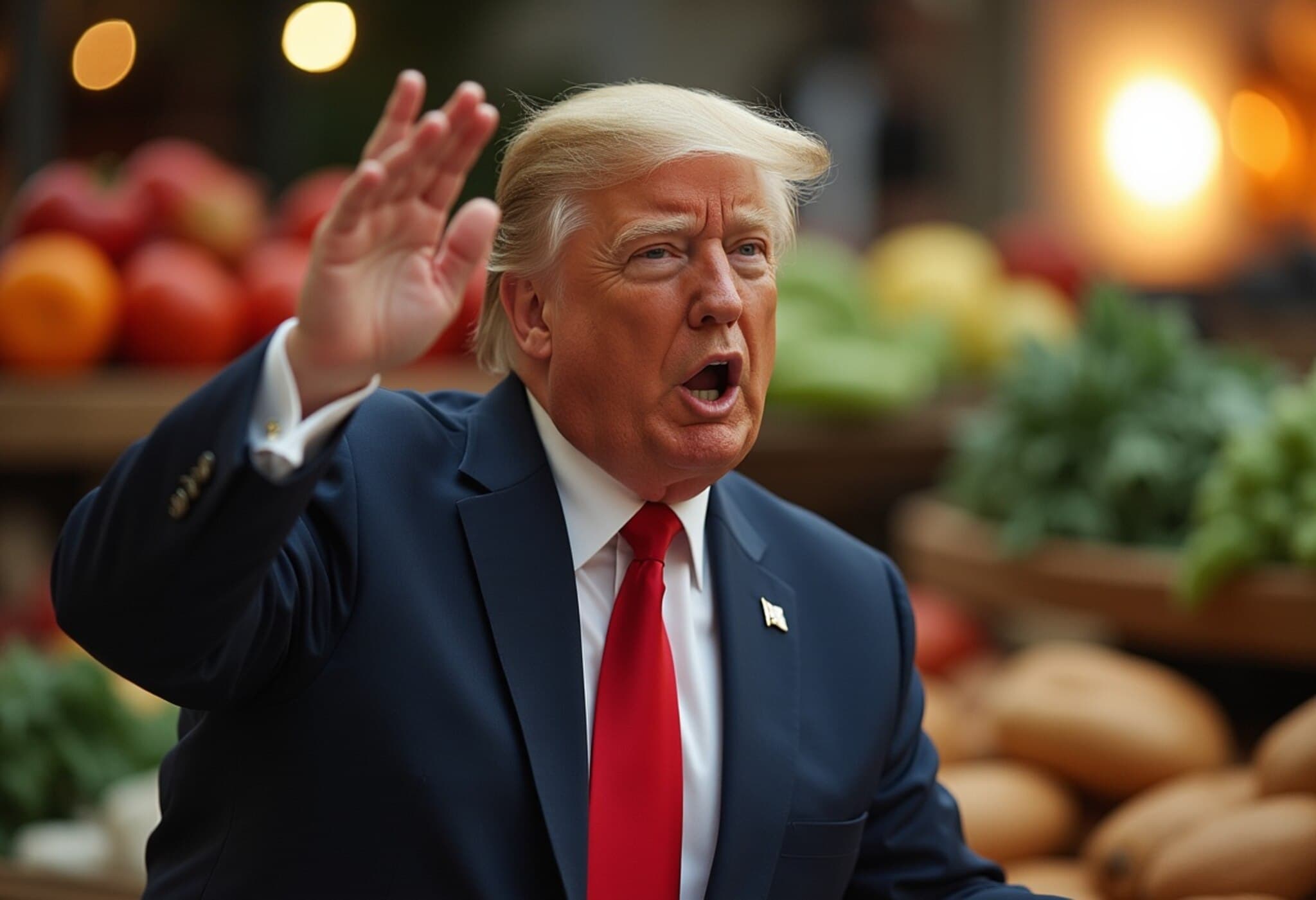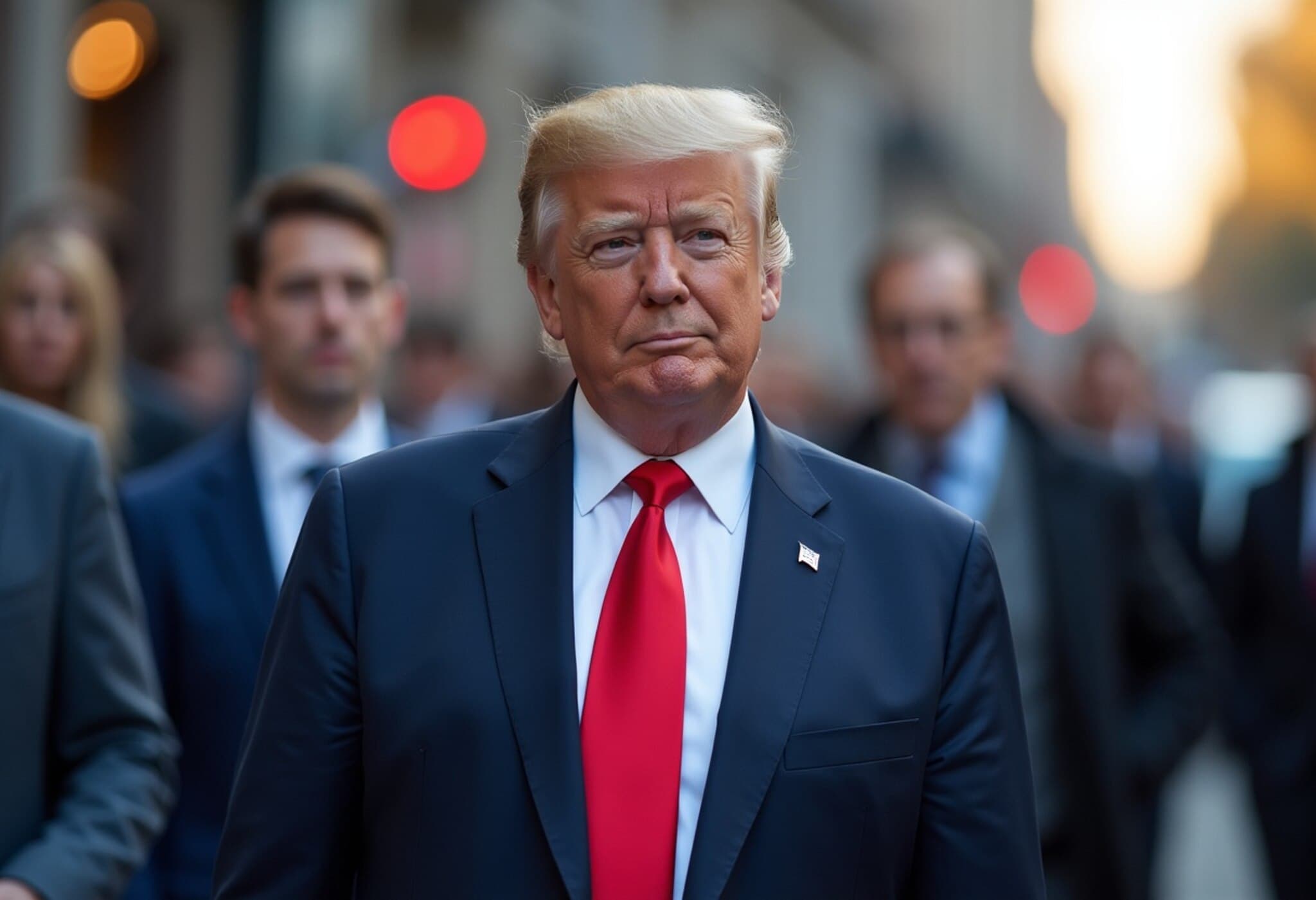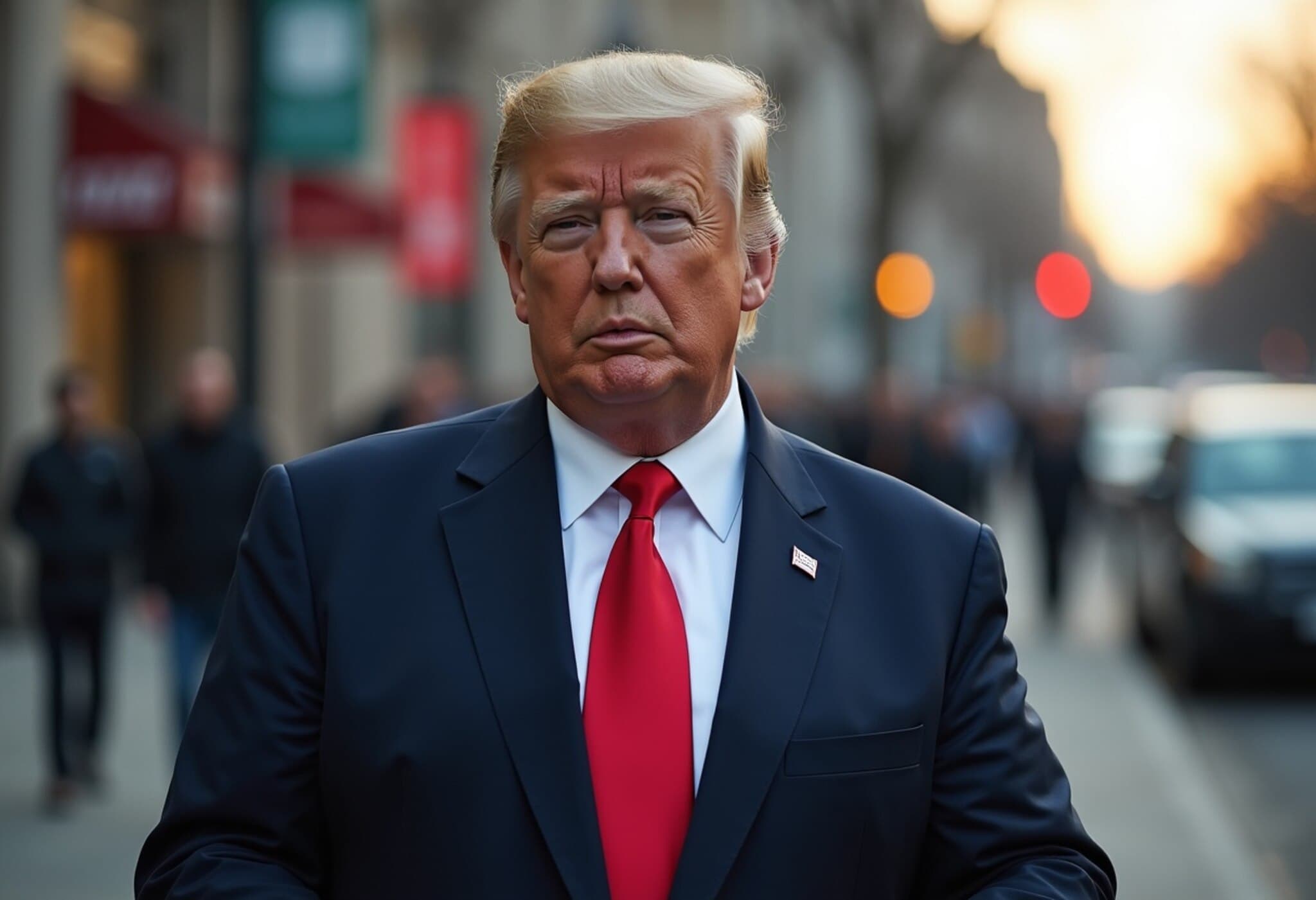European Markets Brace for Decline Following Trump’s Tariff Announcement
As European investors opened their trading week, a sense of unease swept across the continent. Futures indicated a cautious to negative start with London's FTSE 100 expected to hold steady, while Germany’s DAX and France’s CAC 40 were projected to drop by 0.6% and 0.5% respectively. Italy’s FTSE MIB faced the sharpest decline, poised to open nearly 0.7% lower.
A Sudden Shift in Transatlantic Trade Dynamics
The simmering tensions between the United States and the European Union escalated over the weekend when President Donald Trump declared he would impose a sweeping 30% tariff on goods imported from the EU. This unexpected move caught markets off guard and marks a setback after months of tentative negotiations aimed at soothing trade relations.
The tariff is scheduled to go into effect on August 1, 2025, threatening to disrupt tightly woven supply chains that sustain industry on both sides of the Atlantic.
European Commission’s Cautious Response
European Commission President Ursula von der Leyen responded, highlighting the potential hazards of this tariff. In a public statement, she warned that imposing such heavy tariffs would disrupt essential supply chains, harming businesses, consumers, and even patients dependent on transatlantic cooperation.
Nevertheless, von der Leyen reaffirmed the EU’s commitment to dialogue, stating the bloc remains “ready to continue working towards an agreement by August 1.” She also underscored that, while the EU would seek to avoid immediate retaliation, it reserves the right to take proportionate countermeasures to protect its interests if necessary.
Broader Implications for Global Trade and Economy
This tariff threat arrives amid a broader context of evolving global trade policies, where protectionism and geopolitical friction increasingly impact economic stability. The 30% levy not only threatens to raise costs for European exporters but could also lead to price increases for U.S. consumers and companies reliant on European components.
Experts warn that such tariffs could escalate into a prolonged trade war, further dampening economic growth prospects on both continents. For industries deeply integrated across borders—such as automotive manufacturing, pharmaceuticals, and aerospace—the disruption could mean delayed innovation and job losses.
Critical Questions Moving Forward
- Will the EU’s measured approach succeed in de-escalating these trade tensions before the August deadline?
- How might American industries that rely heavily on European imports navigate rising costs?
- Could this decision influence the trajectory of upcoming transatlantic negotiations on climate, technology, and security cooperation?
Looking Ahead
As markets digest the ripple effects of this tariff announcement, investors and policymakers alike are watching closely. The coming weeks could prove critical in shaping transatlantic economic relations for years to come. Stakeholders on both sides will need to balance assertive economic strategies with diplomatic efforts to maintain a functional and mutually beneficial partnership.
Editor's Note:
The imposition of a 30% tariff by the U.S. on EU imports signals a pivotal moment in transatlantic relations, underscoring how trade policy continues to be a theater for broader geopolitical maneuvering. While tariffs often aim to protect domestic industries, their wider economic costs and the risk of retaliatory spiral raise essential questions about the future of global cooperation. Readers are encouraged to follow evolving negotiations and consider the multifaceted impact of protectionism on global markets and the everyday consumer.

